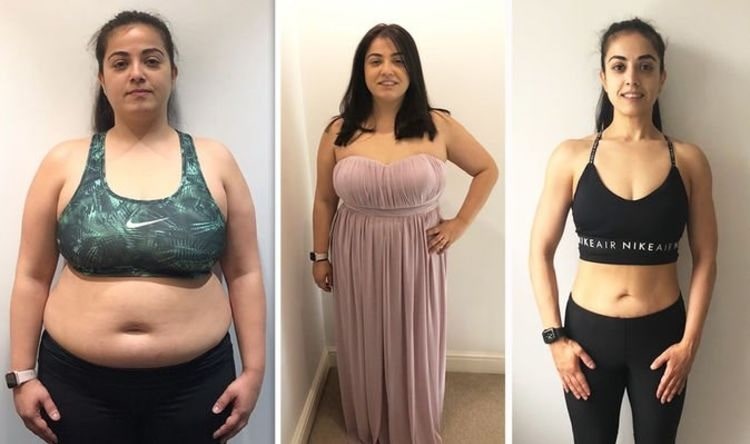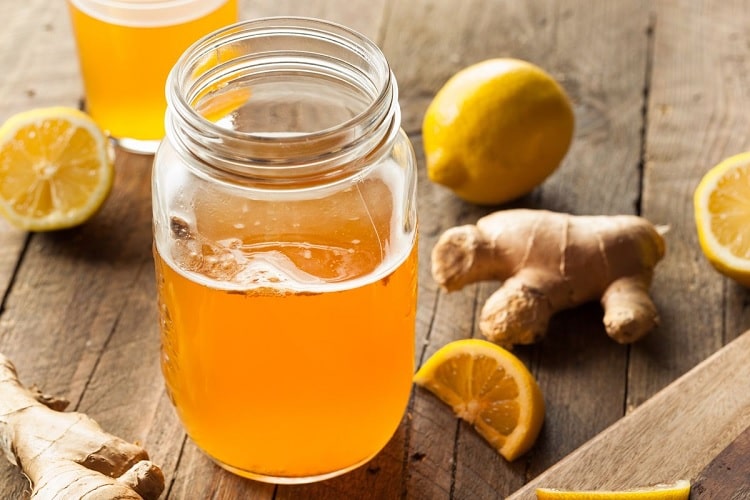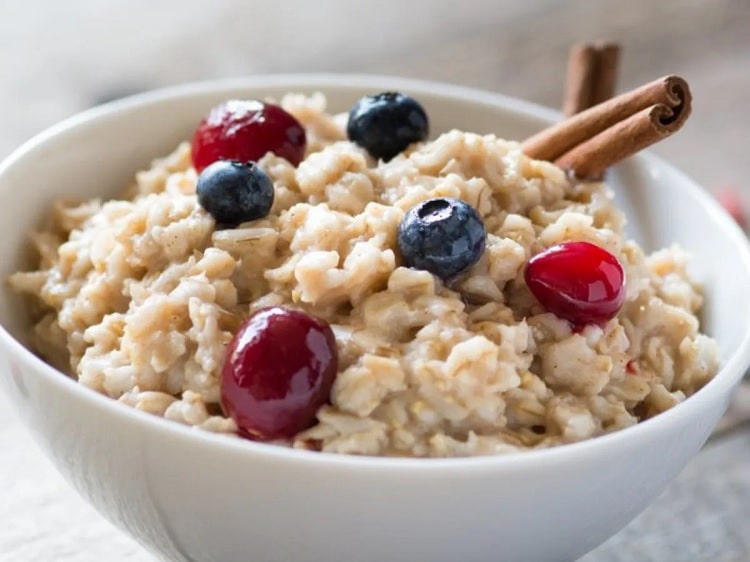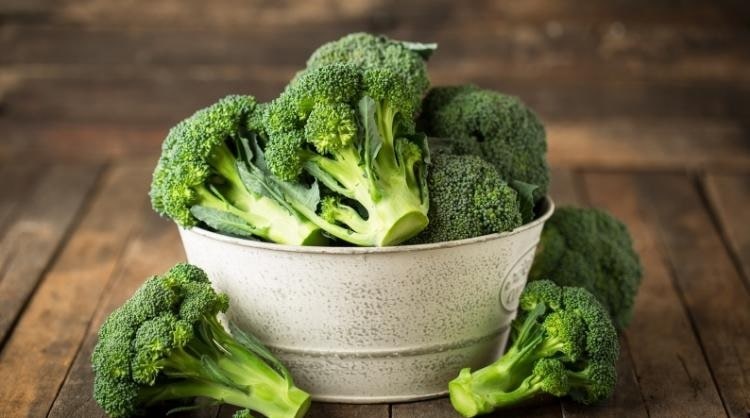Healthy Eating After 50: The Best Diets and Tips for Women
Taking care of our physical well-being becomes increasingly more important as we age. And keeping excellent health is dependent on a nutritious diet, particularly for women over 50. However, it might be challenging to decide what to eat, let’s face it.
It might be tough to know what to believe when there are so many fad diets and contradicting reports available. Furthermore, good eating habits can readily be abandoned when life interferes.
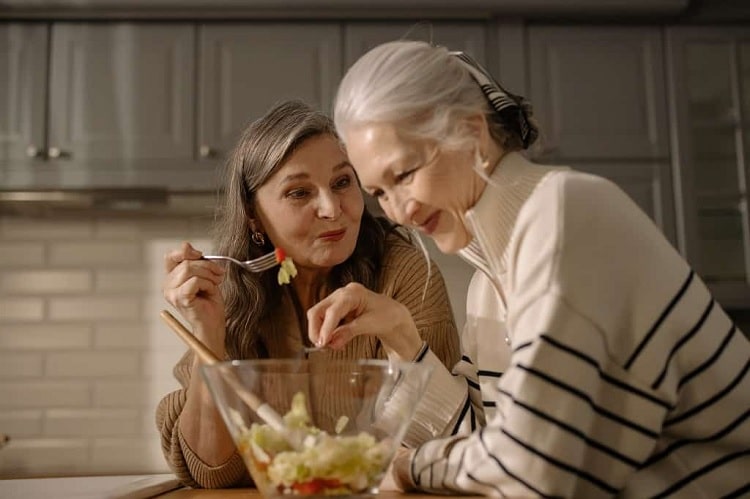
According to the National Institute on Aging, women over 50 need fewer calories but more nutrients than they did when they were younger. This means that the quality of the food we eat becomes even more critical as we age.
A balanced diet that includes whole foods and limits processed foods is essential to maintain good health and prevent chronic diseases such as heart disease, diabetes, and certain cancers.
But other factors can affect our diet choices as we age. For example, our taste buds may change, making some foods less appealing than they used to be. Our appetite may decrease, making it harder to get all the nutrients we need in a day.
And we may experience dental problems or difficulty swallowing, which can make it harder to eat certain foods.
It may be challenging to maintain a healthy diet after the age of 50 due to all of these variables. However, there are many alternatives available, and even little modifications may have a significant influence on our health.
The finest diets for women over 50 are covered in this article, along with some helpful advice on how to incorporate healthy eating into your daily routine. So let’s get going!
Nutritional Needs for Women Over 50
You may not be aware that as we age, our dietary needs vary. Women over 50 need to be aware of these changes in order to modify their diets and ensure that they are obtaining the nutrients they require to be healthy and active.
The slowing of our metabolism is one of the adjustments we go through. As a result, if we aren’t as active as we formerly were, it will be simpler to put on weight. We also burn fewer calories when we’re at rest.
However, there are methods to increase our metabolism, such as maintaining an active lifestyle all day long and gaining muscle through strength training.
Another change is in our body composition. We tend to lose muscle mass and bone density, which can make us more prone to falls and fractures. That’s why it’s crucial to get enough protein and calcium in our diet, along with engaging in weight-bearing exercise.
Try to include protein-rich foods like lean meat, poultry, fish, eggs, beans, and legumes in your diet, as well as calcium-rich foods like dairy products, leafy greens, and fortified foods.
Unfortunately, nutrient deficiencies are also more common in women after 50. For example, many women don’t get enough calcium, vitamin D, or vitamin B12, which can lead to bone loss, fatigue, and anemia.
That’s where eating a balanced diet that includes a variety of nutrient-dense foods comes in. Aim to include plenty of fruits and vegetables in your diet, as well as whole grains, nuts, and seeds.
How much of each vitamin do we thus require? The recommended daily consumption, however, varies according to variables, including age, gender, and amount of exercise. But generally speaking, women over 50 should strive to consume an adequate amount of protein, fiber, calcium, vitamin D, vitamin B12, and healthy fats. Remain hydrated by drinking lots of water and avoiding sugary beverages, as well.
In conclusion, it’s critical to understand the changes that occur in our bodies as we become older and to modify our diet accordingly. We may maintain our health and well-being as we age by consuming a balanced diet that consists of a range of nutrient-dense foods.
Best Diet for Women Over 50
Alright, let’s get to the juicy stuff – the best diets for women over 50! There are several popular diets out there that have been shown to benefit women in this age group.
Let’s dive into the details of three of the most highly recommended ones: the Mediterranean diet, the DASH diet, and a plant-based diet.
- First up, is the Mediterranean diet. This diet is based on the traditional eating habits of people who live in countries like Greece, Italy, and Spain. Whole, minimally processed meals like veggies, fruits, whole grains, lean meat, and nuts are the key, as well as nutritious fats like olive oil. It has been demonstrated that this diet lowers the chance of developing chronic conditions, including heart disease, diabetes, and several malignancies, all of which are more prevalent in women over 50.
- Another great choice is the DASH diet, which stands for Dietary Approaches to Stop Hypertension. This diet is intended to decrease high blood pressure and is abundant in veggies, fruits, whole grains, low-fat dairy products, protein from lean sources, and healthy fats. Additionally, it has been demonstrated to lower the risk of cardiovascular disease, stroke, and some cancers, all of which are issues for women over 50.
- Finally, a plant-based diet is an excellent choice for women over 50 who want to focus on healthy, nutrient-dense foods. A plant-based diet is based on whole, plant foods like fruits, vegetables, whole grains, legumes, nuts, and seeds and can include some animal products in smaller amounts. This diet has been linked to a reduced risk of chronic diseases, including heart disease and some cancers, and may also help with weight management, which can be a concern for women after 50.
Let’s examine each of these diets in more detail now, along with an example meal plan that may fit each of them:
- Mediterranean diet sample meal plan: Breakfast: Greek yogurt with berries and a sprinkle of nuts, whole-grain toast with avocado Lunch: Greek salad with grilled chicken or salmon, whole-grain pita bread Dinner: Baked white fish with herbs and lemon, roasted vegetables, quinoa
- DASH diet sample meal plan: Breakfast: Oatmeal with berries and almond milk, whole-grain toast with peanut butter Lunch: Turkey and avocado sandwich on whole-grain bread, baby carrots, and hummus Dinner: Grilled chicken or tofu with roasted vegetables, brown rice
- Plant-based diet sample meal plan: Breakfast: Smoothie with spinach, banana, almond milk, and chia seeds, whole-grain toast with almond butter Lunch: Chickpea and vegetable stir-fry with brown rice Dinner: Lentil soup with whole-grain bread, mixed green salad with olive oil and vinegar dressing
Remember, these are just examples, and there are plenty of ways to customize each diet to your individual taste preferences and nutritional needs. Ultimately, the key is to focus on whole, nutrient-dense foods and to find a diet that you enjoy and can stick to long-term.
Tips for Healthy Eating
Aging is not always enjoyable, but that doesn’t mean we can’t enjoy scrumptious, healthy meals!
Following 50, the following advice can help you maintain good health and diet satisfaction:
- Plan your snacks and meals: Let’s face it, nobody enjoys being hungry! Making healthier choices might help you avoid those unexpected cravings and plan your meals and snacks in advance. Additionally, it’s an excellent justification for trying out novel flavors and dishes!
- Read the labels on your food: Consider nutritional information as your own customized cheat sheet for selecting nutritious foods. Simply search for meals that are rich in all the good things, like dietary fiber, minerals, and vitamins, and try to avoid those that are loaded with saturated and trans fats, refined sugar, and salt. You don’t need to be a nutritionist to make sense of them.
- Stay hydrated: Drinking water can sometimes feel like a chore, but there are plenty of ways to make it fun! Try adding a slice of lemon, cucumber, or strawberry to your water for a little extra flavor. You could also try drinking herbal teas or low-sugar beverages like sparkling water for a refreshing change.
- Be mindful of portion sizes: We get it; sometimes, a big bowl of pasta just hits the spot. But it’s essential to pay attention to your hunger and fullness cues and try to keep your portions in check. You can still enjoy your favorite foods, maybe in a smaller portion or with extra veggies on the side.
- Limit processed foods: Let’s be real; junk food is tempting! But eating too many processed and packaged foods can leave you feeling sluggish and less than your best. Try swapping out those chips and cookies for some fresh fruit or crunchy veggies with hummus. You might just amaze yourself with how much you enjoy it!
So, there you have it – some fun and easy ways to stay healthy and satisfied with your diet after 50. Remember, eating well is not about deprivation but about finding delicious and nutritious foods that make you feel your best.
Conclusion
As we’ve seen, ladies over 50 need to eat healthily. It can improve our mood and energy levels, keep us at a healthy weight, and fend against chronic diseases. But knowing where to begin with the wide variety of diets and nutritional advice available can be challenging.
But even if you don’t adhere to a particular diet, there are many methods to eat healthily and happily after the age of 50. Simple but effective tactics include pre-planning your meals and snacks, checking food labels, drinking enough water, paying attention to portion sizes, and avoiding processed foods.
Of all, a healthy lifestyle includes more than just eating healthily. Other important factors for general health and well-being are regular exercise, stress reduction, and adequate sleep.
But by introducing more whole, nutrient-dense foods into our diets and adopting tiny dietary modifications, we may position ourselves for a healthy and happy life after 50.
So, feel free to try new flavors and cooking techniques, and always remember to enjoy every bite. We can all energize our bodies and brains for years to come with a bit of work and lots of excellent food.
Faqs
There is no universal answer to this question, as the best diet for women over 50 depends on individual needs and preferences. However, the Mediterranean, DASH, and plant-based diets are all popular and well-regarded choices for older women who want to eat healthily and feel their best.
Yes, older women can definitely lose weight with a healthy diet. In fact, weight loss can be even more critical for women over 50, as excess weight can increase the likelihood of chronic diseases like heart disease and diabetes. However, it’s important to approach weight loss in a healthy and sustainable way, rather than relying on fad diets or extreme measures.
As women get older, their bodies undergo various changes that can affect their nutritional needs. Some common considerations include ensuring adequate protein intake to maintain muscle mass, getting enough calcium and vitamin D for bone health, and staying hydrated to support kidney function. It’s also important to be mindful of any medication interactions or food sensitivities.
Again, there is no one “best” weight loss program for women over 50, as individual needs and preferences can vary. However, programs that focus on sustainable lifestyle changes rather than short-term results, such as WW (formerly Weight Watchers) and Noom, maybe a good fit for older women looking to lose weight and improve their health.


